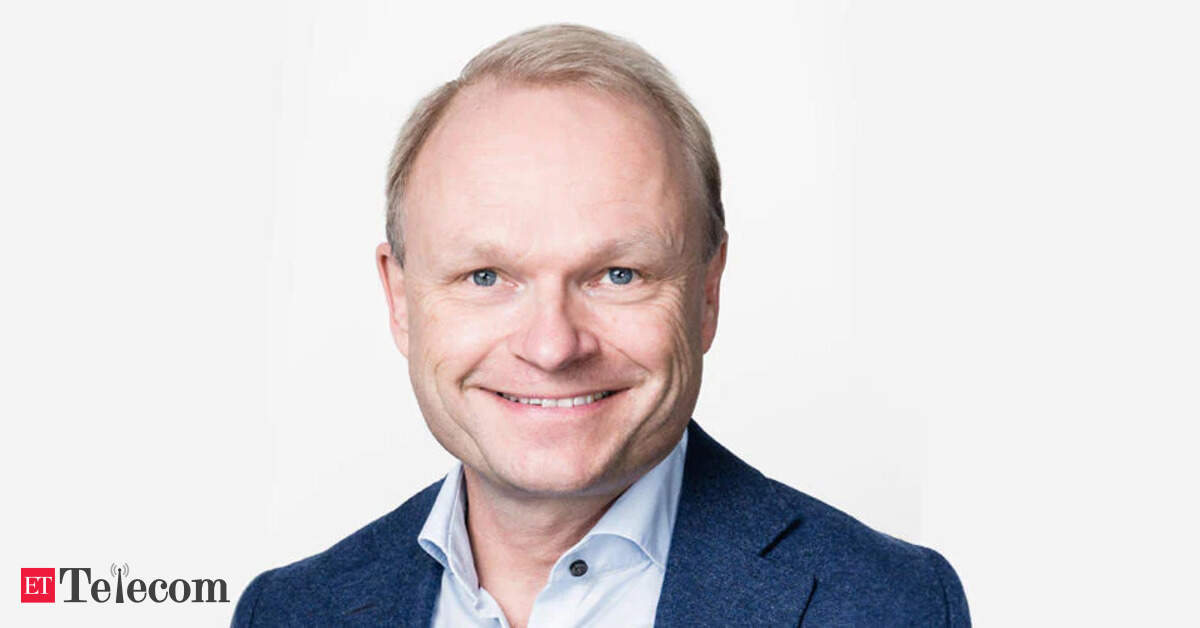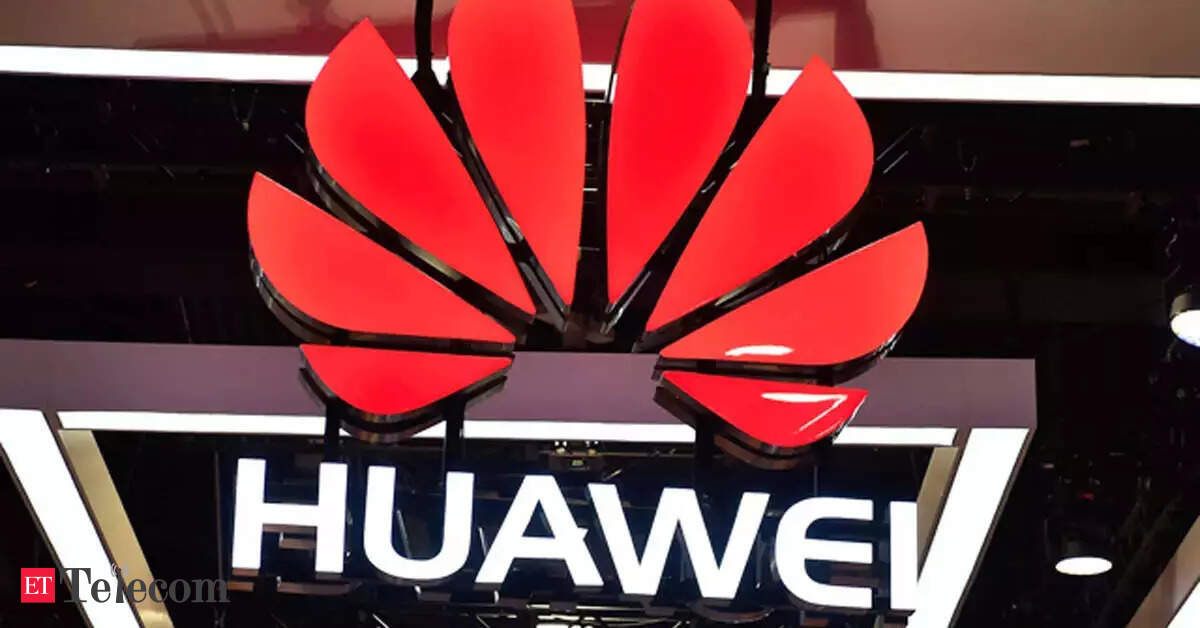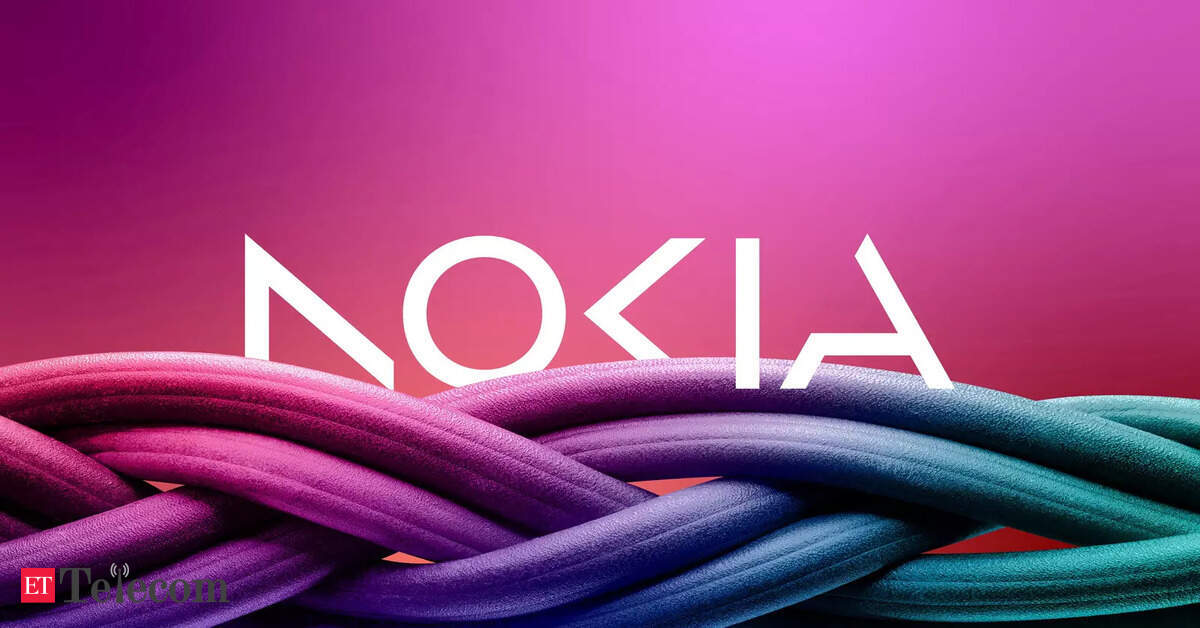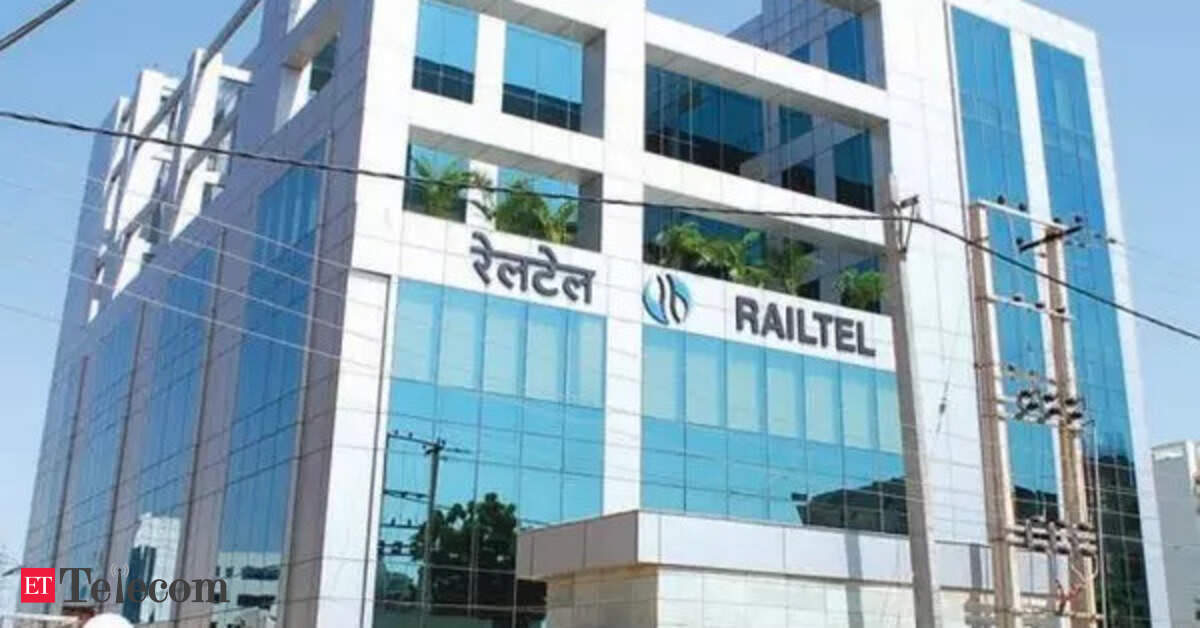[ad_1]
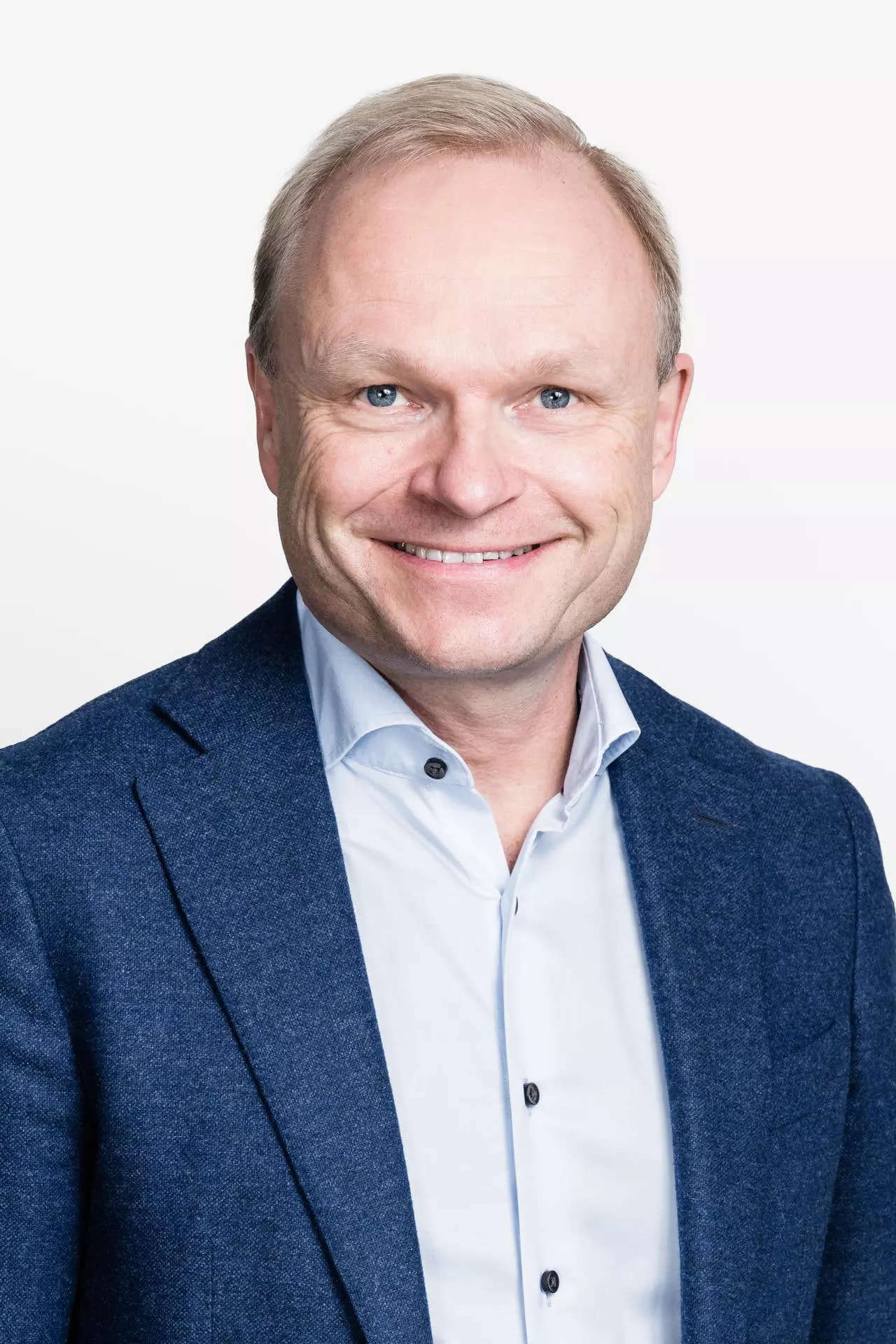 Nokia CEO Pekka Lundmark has said that India is not late on 5G but needs affordable airwaves for top dollar investments and wider adoption. Speaking to ET’s Danish Khan and Romit Guha, his first media interaction in India since taking over in 2020, Lundmark said Nokia is set to invest a big part of its global R&D spending in India, which is its biggest operations globally, with the maximum head count. Edited excerpts:
Nokia CEO Pekka Lundmark has said that India is not late on 5G but needs affordable airwaves for top dollar investments and wider adoption. Speaking to ET’s Danish Khan and Romit Guha, his first media interaction in India since taking over in 2020, Lundmark said Nokia is set to invest a big part of its global R&D spending in India, which is its biggest operations globally, with the maximum head count. Edited excerpts:
Where does India fit into Nokia’s global scheme of things?
India is the number one country in terms of employment for Nokia with 15,000 employees out of 90,000 globally. It is one of the largest markets in the world and is now entering an extremely important stage with the introduction of 5G and the upcoming auctions. India is also a significant manufacturing base for us. We are managing our global product deliveries from India and are managing from our Indian operations over 100 networks in other parts of the world. So, from all aspects India is clearly on top of the list in terms of priority for us.
Do you think 5G is a missed opportunity for India, given the delay in roll outs?
It’s definitely not a missed opportunity in any way. India has made great progress through 4G and now is the natural time to introduce 5G. The auctions are now coming. We are engaging with our customers actively.
What is the impact of chip shortage on Nokia’s global and India business?
There is a structural deficiency in semiconductor manufacturing capacity in the world at the moment. We have seen the situation stabilise recently, but it is still tight, and it will still take some time before the markets find a new balance. The new Covid outbreaks in different parts of the world could again lead to production challenges in the semiconductor industry. I believe that we have handled the very difficult situations extremely well for our customers.
Will the ongoing war in Europe add to the supply chain challenges?
There is no direct impact of it but then what the indirect effects could be is too early to say.
To what extent does the absence of China’s Huawei and ZTE benefit Nokia in India?
We position Nokia as a trusted vendor. When it comes to the Chinese vendors, we do not comment.
How much are you planning to invest in India over the next year?
Our big investment is in R&D. Our global R&D investment last year was over 4 billion euros and it has actually been increasing. And the most likely scenario is that it will still continue to increase in India.
What are your views on pricing of 5G airwaves in India?
The more affordable the frequency allocations, the stronger would be the effect that fuels the economy.
Is there more pricing power for companies like Nokia in India, given that there are fewer vendors now?
India has always been a very competitive market, and I don’t think that will change. Indian telcos are extremely hard to negotiate with. The hardest in the world, you might say.
What is your view of India from a policy certainty, stability point of view?
The policymakers make their own decisions. A market with a significant number of operators is typically not healthy. It’s not for me to say what exactly is the right number of operators for each country, but in most countries, it is converging towards three or four telcos.
Your thoughts on the new network security setup that India has come up for trusted sources and products. Does that not increase compliance costs and delay roll outs?
This is not an India specific issue. The importance of trustworthiness of vendors is increasing in all parts of the world. And the measures that have to be taken in terms of product security, network security are not that different between different parts of the world.
Will you increase investments in local manufacturing to gradually reduce manufacturing presence in China and move to India?
It is our customers who will decide where it makes sense for us to operate. But the more market share we get, of course, the more India (manufacturing) would also benefit. Chennai is an extremely important factory and now with 5G, the importance is only increasing. Chennai serves as a global factory where roughly half of production stays in India and half is exported.
Your views on the ongoing battle between the satcom industry and telecom operators over millimetre wave spectrum.
We see satellites as more complementary to the ground-based networks than competing. They both have their respective roles, and in many cases, especially in rural areas, it (satcom) can really complement.
Satellite networks need connections, backhaul networks on the ground. We are involved in some of these discussions. But country-specific frequency allocation decisions are hard for us to get into.
[ad_2]
Source link

